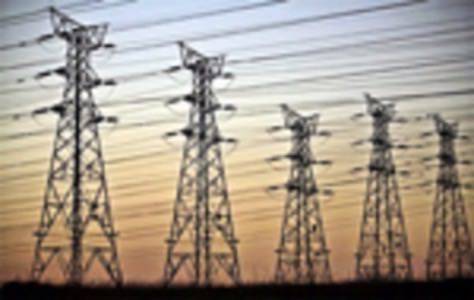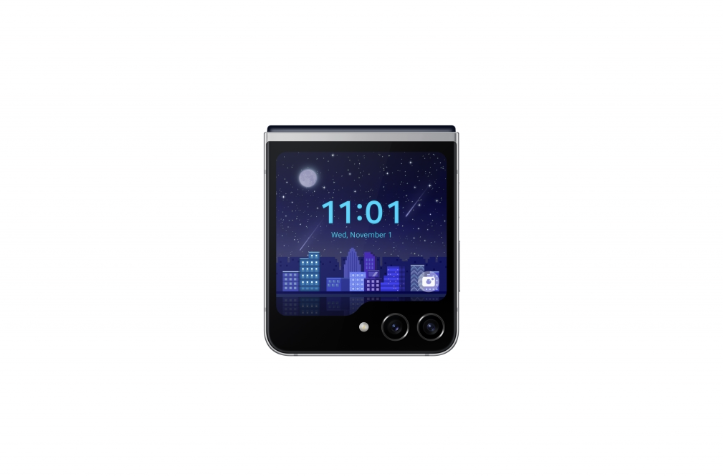A subject of interest to us ReadWriteWeb folks this year has been smart grids – a method of delivering electricity to users’ homes in a way that has been the cause of many green technologists for some time.

Smart grid tech uses digital means to control appliances at users’ homes to save energy, cut costs, and increase reliability. However, some experts are beginning to wonder how safe and anonymous this data is and how much end-user privacy could be compromised.
And as the concept of “anonymized” user data is continuously being poked full of holes by everyone from hackers to academics, we must wonder just how much smart grids “know” about individuals. For example, the energy fluctuations of home appliances are so unique that a smart grid can tell the make and model of a user’s refrigerator.
A recently released report from the Future of Privacy Foundation states that although more modernized approaches to energy consumption are absolutely necessary, uninformed enthusiasm about smart grid technology might lead to privacy breaches for end users.
“The infrastructure that will support the future Smart Grid,” the report reads, “will be capable of informing consumers of their day-to-day energy use, even at the appliance level. While this is beneficial and supports valuable efforts to curb greenhouse gas emissions and reduce consumers’ energy bills, it introduces the possibility of collecting detailed information on individual energy consumption use and patterns within the most private of places – our homes.
“We must take great care not to sacrifice consumer privacy amidst an atmosphere of unbridled enthusiasm for electricity reform. Information proliferation, lax controls and insufficient oversight of this information could lead to unprecedented invasions of consumer
privacy.”
Another report from the National Institute of Standards and Technology states that, because of the lack of standards and procedures on data collection and storage, “Distributed energy resources and smart meters will reveal information about residential consumers and activities within the house.”
The Foundation’s co-chair, Jules Polonetsky, stated in a Washington Post interview today, “We’re a little worried that without some serious planning now, there’s going to be quite a challenge in a couple of years when people start realizing that maybe should think about developing some solid data retention policies that address what’s going to be done with all of this data.”
Valid concerns, all, especially for users who would rather keep themselves, their families, and their homes “off the grid,” under the radar, and largely unmonitored by corporate and governmental entities.
Will user privacy be the factor that undermines cleaner, smarter energy for all? Or will smart grid companies find better ways to protect user data, just as social networks and marketing firms have had to struggle to do? Let us know your thoughts in the comments.









